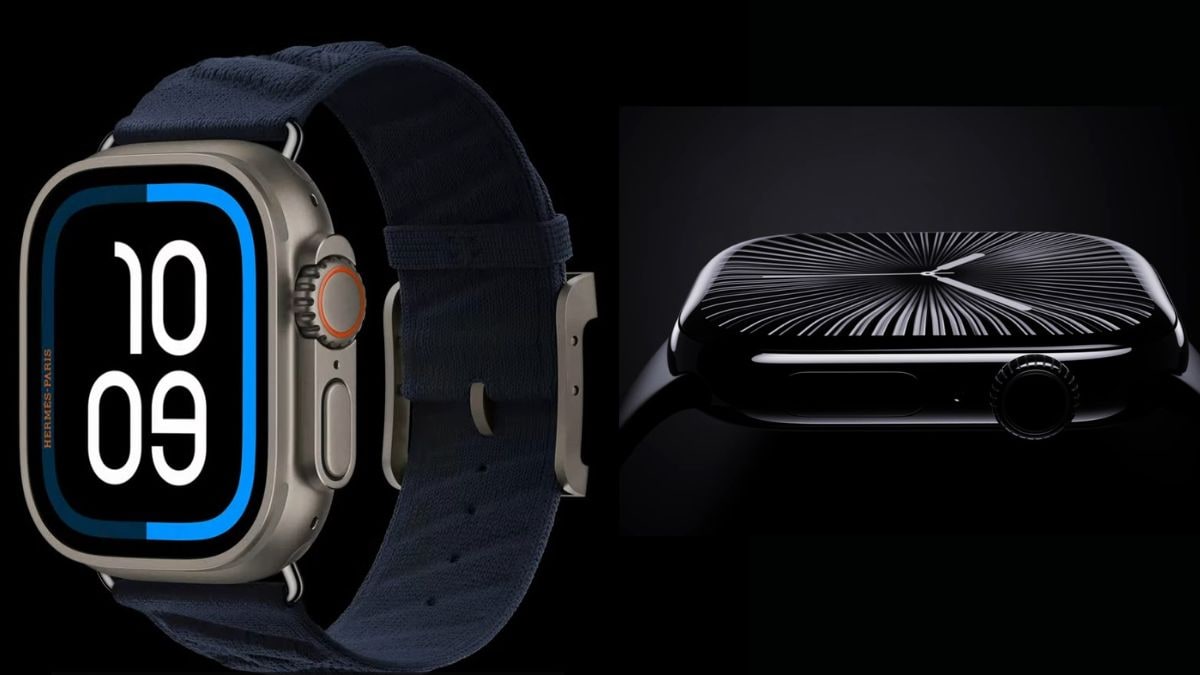Overview of the Apple Watch Series 10 and Watch Ultra 2 Pricing
The Apple Watch Series 10 is launched at a starting price of $399 (approximately ₹33,000). This smartwatch comes in both GPS and LTE variants, with the LTE model starting at $499. Pre-orders have officially commenced today, with the full retail availability set for September 20.
In addition to the Series 10, the highly awaited Black Satin color variant of the Apple Watch Ultra 2 is also available for $799 (about ₹67,000). Pre-orders for this model also began today, and it will be available for purchase starting September 20.
Features and Specifications of the Apple Watch Series 10
The Apple Watch Series 10 is powered by the new S10 chipset, which enhances the performance and capabilities of the smartwatch. One of its most exciting features is the ability to play music and podcasts directly from the watch using the built-in speaker, offering users a seamless audio experience without the need for an iPhone.
Unmatched Fast Charging and Battery Life
Apple has designed the Series 10 to be the fastest charging Apple Watch to date, providing more than 80% battery life after just 30 minutes of charging. With a battery that lasts up to 18 hours, users can enjoy extended usage before needing to recharge.
Advanced Health and Fitness Features
This smartwatch is equipped with water resistance capabilities of up to 50 meters, making it ideal for swimming and water sports enthusiasts. The Apple Watch Series 10 runs on watchOS 11, which introduces a host of new fitness-focused features including a Vitals app and training load measurement.
The device showcases an enlarged wide-angle OLED display with rounded corners, ensuring that it offers the biggest screen ever seen on an Apple Watch. A major addition to its health monitoring capabilities is the sleep apnea detection feature.
Intelligent Sleep Monitoring
The Apple Watch Series 10 incorporates an advanced accelerometer that can detect breathing disturbances during sleep. By utilizing machine learning algorithms, Apple analyzes users’ sleep data every 30 days, providing insights into potential irregularities and overall sleep quality. This enables users to take proactive steps towards improving their sleep habits.












